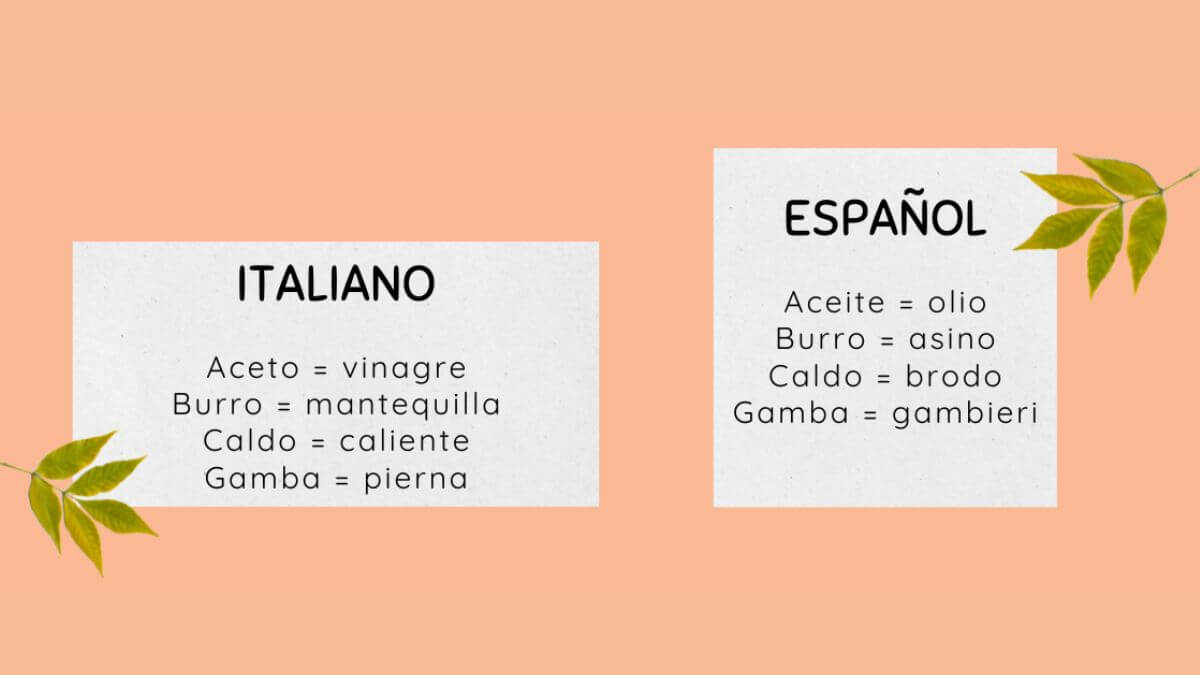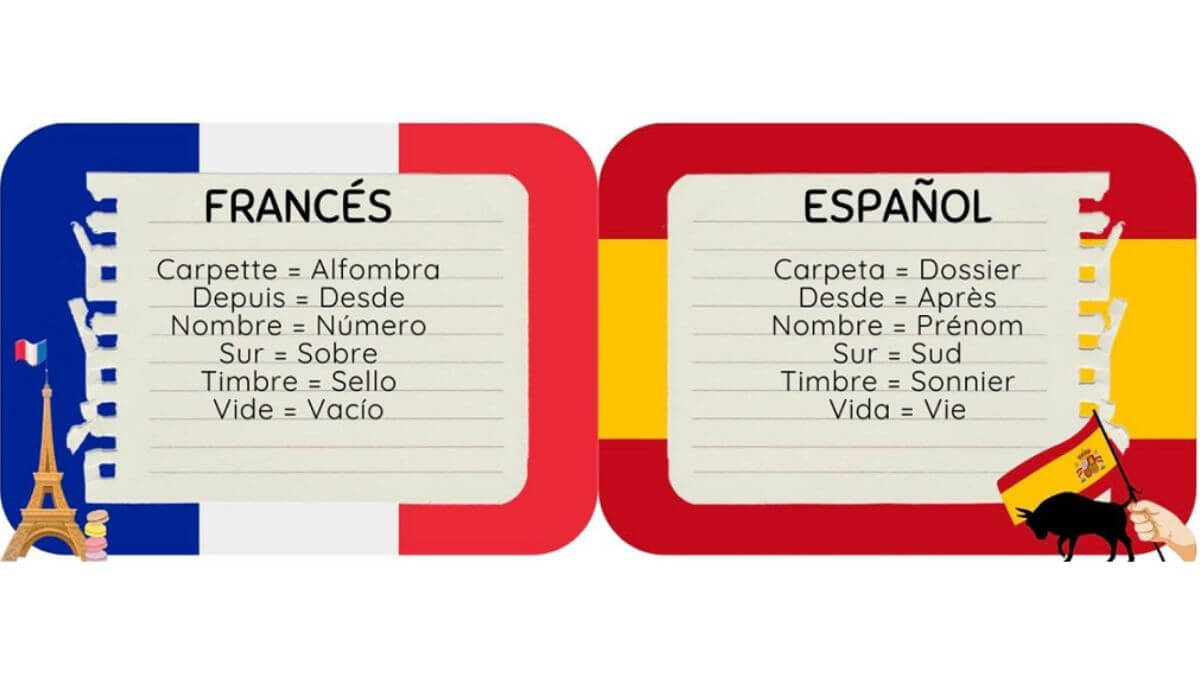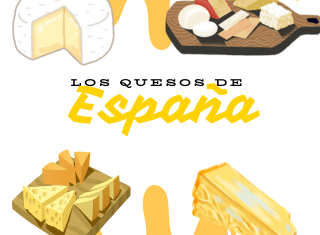What are false friends?
We know as “false friends” those words that are very similar to words in our language and that give the impression of having the same meaning due to their close resemblance in their spelling or pronunciation, but that nevertheless have no relation whatsoever.
False friends are also called false relatives. You can read the entire definition in the Virtual Center of the Cervantes Institute.
False friends of Spanish
Language students must have gone through a bad period when they relied too much on the richness of their vocabulary and fell into the trap of false friends and said something completely different from what they really meant: actually, attend, pregnant, language, introduce, realize, .. …
In most cases, the error occurs because bilingual or multilingual speakers are overconfident in their abilities or directly test the equivalence when the equivalence is correct when communicating with a foreign partner.
If you are an English speaker learning Spanish, you should know that there are many words in Spanish that are spelled the same, so-called false friends. Here is their list:
False friends Spanish Italian

Aceto is often confused with oil at the table, but you don’t want to put vinegar on a slice of bread!
It’s the same as when an Italian asks you to pass him a donkey, by which he means butter, not the fragile animal called an asino.
Moreover, before you start eating, you have to put the tovaglia on the table – that’s madness! However, this means a tablecloth, and not a towel for drying the body.
Just like when you offer seasonal mushrooms to your friends in Rome, they may think you’re talking about silk, fabric, and not delicious mushrooms.
How about delicious shrimp! In Italian, gamba means leg (human), so sometimes Italians seem to talk about shellfish all the time, when in fact it’s a very common body part. Interestingly, in Spanish we have a saying “meter la gamba”, which exactly means “put your foot in it”.
When you say “loro” you are actually saying “ellos or ellas” in Italian. This false friend can be very confusing and if you really want to say loro as an animal, you should say “pappagallo”.
Caldo means hot and it’s quite similar to what it means in English because caldo is a soup. Caldo or sopa is called “brodo” in Italian.
Finally, try to remember that “pregnant” is “incinta” in Italian and “imbarazata” is “in a hurry”.
Do you know why it’s so easy to get it wrong?
False friends Spanish English
It actually means really, although we always confuse it with reality.
An argument is not an argument, the real meaning is the discussion.
Cartoon sounds the same as cardboard, but its meaning is cartoon.
One of the most common is the classic “library”, where we are unable to understand why it does not mean a bookstore, but a library. Librería means “bookstore”.
Embarrassed means embarrassed, although it is also very similar to the adjective “pregnant”, it has nothing to do with it! “Embarrassed” is pregnant in English.
After all, it is one of the most dangerous false friends that can cause the most comical situations. If you have a cold, never say “I’m constipated”. If you do, you’ll probably end up with a stomach ache, because constipated means “constipated.” The correct way to say you are constipated is “I have a cold.
False friends Spanish French

One of the most common false friends of French is the word discuter, which looks like it means to discuss, but actually means to talk or converse.
Another is enfermer, which does not mean sick, but confined.
Ombre in French is not hombre but sombra. A man is a man.
Salaud actually means bastard. No one wants to be told “Bastard! To express health, you have to say santé” after sneezing.
Our French friends do not like to eat cats for breakfast, as we think the word gâteau means. This word means biscuits or cake.
False friends Spanish German
How strange! German and Spanish are quite different languages, right? We also have some fake friends.
One of the most obvious is the word “angel”, which, however, does not refer to divine beings, but rather to their fishing rods.
Gymnasium does not mean a gymnasium, students do not go to sports every day. It means high school. By the way, in German “Gymnasium” is “Fitnessstudio”.
If we ask “What do you like?”, the answer “Reading” is not correct. People will think you are depressed. You should know that “Read” is lesen in German.
Kompass is another of the most confusing false friends in German, not only because “Kompass” means compass and not circle, but also because it’s called zirkel in German. A double false friend to be confused with.
False friends Spanish Portuguese
In Spanish, asignatura may be thought of as a signature, but it means a signature.
When you say your cadeira hurts, they might look at you weird because it doesn’t mean your hip hurts, but your chair.
The word borracha, which is a rubber for a Portuguese student, means a person who has drunk too much alcohol in Spanish.
The word propina can be crazy for those who don’t know it’s a false friend because it means bribe in Portuguese.
Portuguese people flirt several times a day. Not because they are more or less attractive, but because it means talking on the phone.
Fake friends are very useful, don’t pretend, learn in our Spanish school how to recognize and detect fake friends.



There are no comments on List of false friends of Spanish